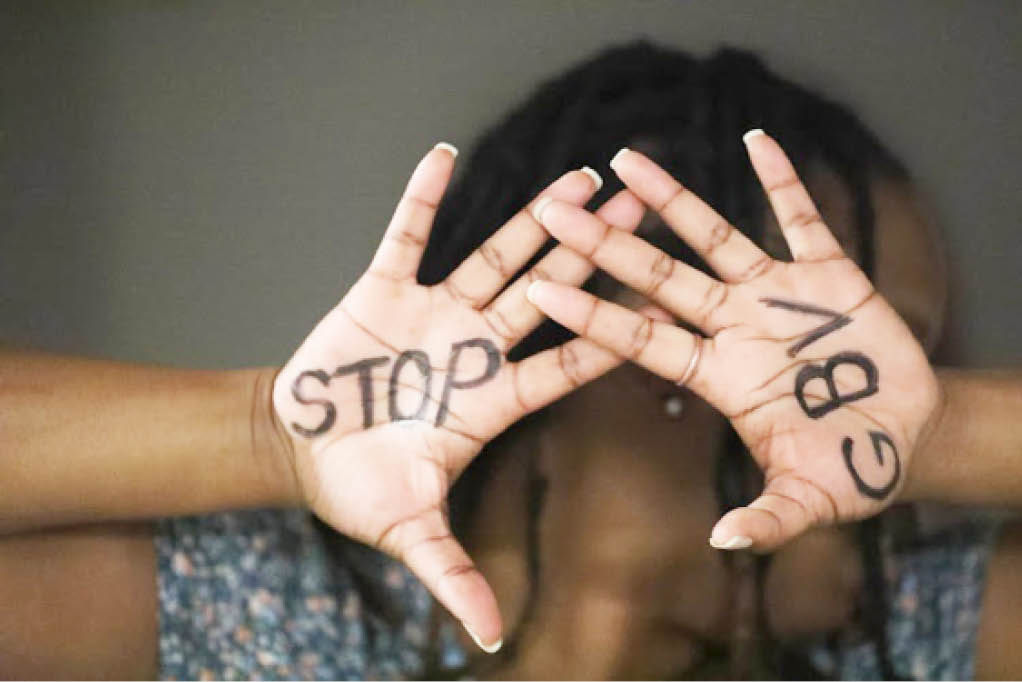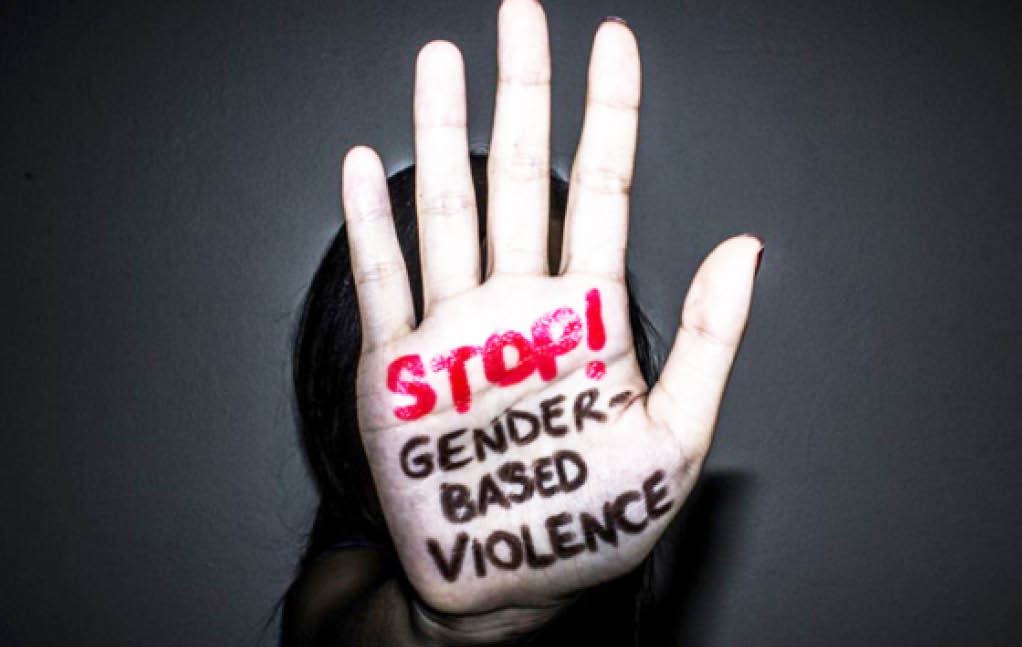Recent statistics of Gender-Based Violence (GBV) in the country indicate a rise in cases.
However, experts debase this notion, suggesting that the perceived rise could be linked to the increased reporting of cases that is enabled by sensitisation and awareness through the years.
Though the figures may not reflect the true magnitude of the problem, as many cases go unreported due to stigma, fear and lack of access to justice, the cumulative effort to change the narrative is said to reflect in the current number of reported cases of GBV in Nigeria.
According to the National GBV Dashboard, the number of reported cases within the span of three years (2020 to 2023) is at 27,698. The 2019 Guideline for GBV Reporting by UNESCO had stated that in 2014 one in four females reported experiencing sexual violence in childhood, with approximately 70 per cent reporting multiple incidents.
A World Bank report in 2019 explained components of GBV to include sexual violence, rape, child marriage, Female Genital Mutilation (FGM), among others violations.
The UN Women Representative to Nigeria, Mrs Beatrice Eyong, in an interview with Daily Trust on Sunday, said the reason for the increase in the number of cases could not really translate into the fact that there had been an increase, though that “there could be an increase, but also the fact is that it is increased reporting.
“Before now they wouldn’t come to report; they would just go into silence, into depression. But now with the work that we’ve done extensively with Spotlight Initiative, we’ve encouraged them and also sensitised men, sensitised security institutions, all stakeholders to know that the person who is facing GBV should not be the one to be stigmatised. It should be the perpetrators who should be stigmatised, who should be punished.”

Legislations on GBV in Nigeria
Nigeria has ratified several international and regional human rights instruments that make the state to prevent, protect and prosecute GBV such as the Convention on the Elimination of All Forms of Discrimination Against Women (CEDAW in 1979); the Protocol to the African Charter on Human and Peoples’ Rights on the Rights of Women in Africa (Maputo Protocol in 2003) and the Convention on the Rights of the Child (CRC-1989).
At the national level, Nigeria has enacted some laws and policies that aim to address GBV such as the Violence Against Persons (Prohibition) Act (VAPP Act) of 2015; the Child Rights Act of 2003; the Trafficking in Persons (Prohibition) Enforcement and Administration Act of 2015 and the National Action Plan on Women, Peace and Security.
However, the VAPP Act is the most comprehensive and progressive legislation on GBV in Nigeria, as it covers various forms of violence such as rape, domestic violence, FGM, forced marriage, stalking, harmful widowhood practices and sexual harassment. It also provides for the protection and support of victims, the punishment of offenders and the compensation of survivors.
Why GBV subsists despite laws
The weak legal and institutional framework to fight, prosecute GBV cases in Nigeria has exacerbated the crime.
Reports revealed that out of the over 27,000 cases of GBV in the country, only 393 perpetrators have been convicted so far, which represents 1.45 per cent. This is as the number of fatal cases also reached 1,145.
Despite the havoc these violations cause women, girls and society at large, a few seem to pay for crimes committed as the low conviction rate could incentivise perpetration.
Though the VAPP Act of 2015 prohibits all forms of violence against persons aiming to provide protection for victims and punishment for offenders, lack of effective implementation has hampered its efficacy.
Regardless of efforts to ensure domestication of this law across states, fully implementing it will require even more effort.
A former Minister of Women Affairs, Maryam Chiroma, who spoke to our correspondent, noted that the issue of GBV in the country was serious and must be treated as such.
She said that if the laws in place such as the Child Rights Act and VAPP were domesticated and implemented across states, the cases would reduce.
She further said, “If the government is able to implement that act in states, it will be difficult to get GBV in those states, because you have young girls parading the streets selling things and they sometimes get raped. So, these are things that the government must look at seriously. We have a government that’s supposed to protect us. So, we are appealing also to the government to ensure that these laws against GBV are implemented.”
Meanwhile, stigmatisation of victims of GBV has been identified as one among many reasons why women and girls shy away from reporting cases of violation, thereby allowing it thrive in our societies.
Winning fighting against GBV
Winning the fight against GBV in Nigeria, according to experts, is tied to a number of actions which include strengthening the implementation of existing legal frameworks for speedy dispensation of justice for all reported cases. This they say will encourage victims suffering in silence to speak out.
Also, punishments meted on offenders would serve as a deterrent to others.
The Minister of Women Affairs, Barrister Uju Kennedy-Ohanenye, recently proposed the creation of special courts in the 36 states and the FCT to ensure speedy dispensation of justice on GBV cases.
She announced getting the approval of all state governors and also reportedly submitted a proposal for the creation of the special courts to the body of attorneys general at a recent conference which had in attendance all the attorneys general from the 36 states.
Stakeholders believe that the creation of the special courts to try GBV cases is the only way to achieve more convictions and justice for survivors.
Daily Trust on Sunday further reports that creating safe spaces have been identified as key in the overall wellbeing of GBV survivors.
Mrs Beatrice Eyong who also spoke about the threats stigma poses to survivors of GBV, identified that investing in the creation of one-stop centres would help survivors access all services in one place which provided privacy.
She explained that, “In the one-stop centres you have all the services in one place. So, you don’t need to leave to look for the doctor, lawyer, medical services, social support or social and economic reassertion. Everything is taking place in that one-stop centre.”
Mrs Eyong added that prevention of GBV in the first place would reduce the cases greatly, noting that sensitisation and awareness creation would involve “working with men and boys so that they develop positive masculinity.
She further said it also required working with traditional and religious leaders to fight against the scourge within their communities.

 Join Daily Trust WhatsApp Community For Quick Access To News and Happenings Around You.
Join Daily Trust WhatsApp Community For Quick Access To News and Happenings Around You.

